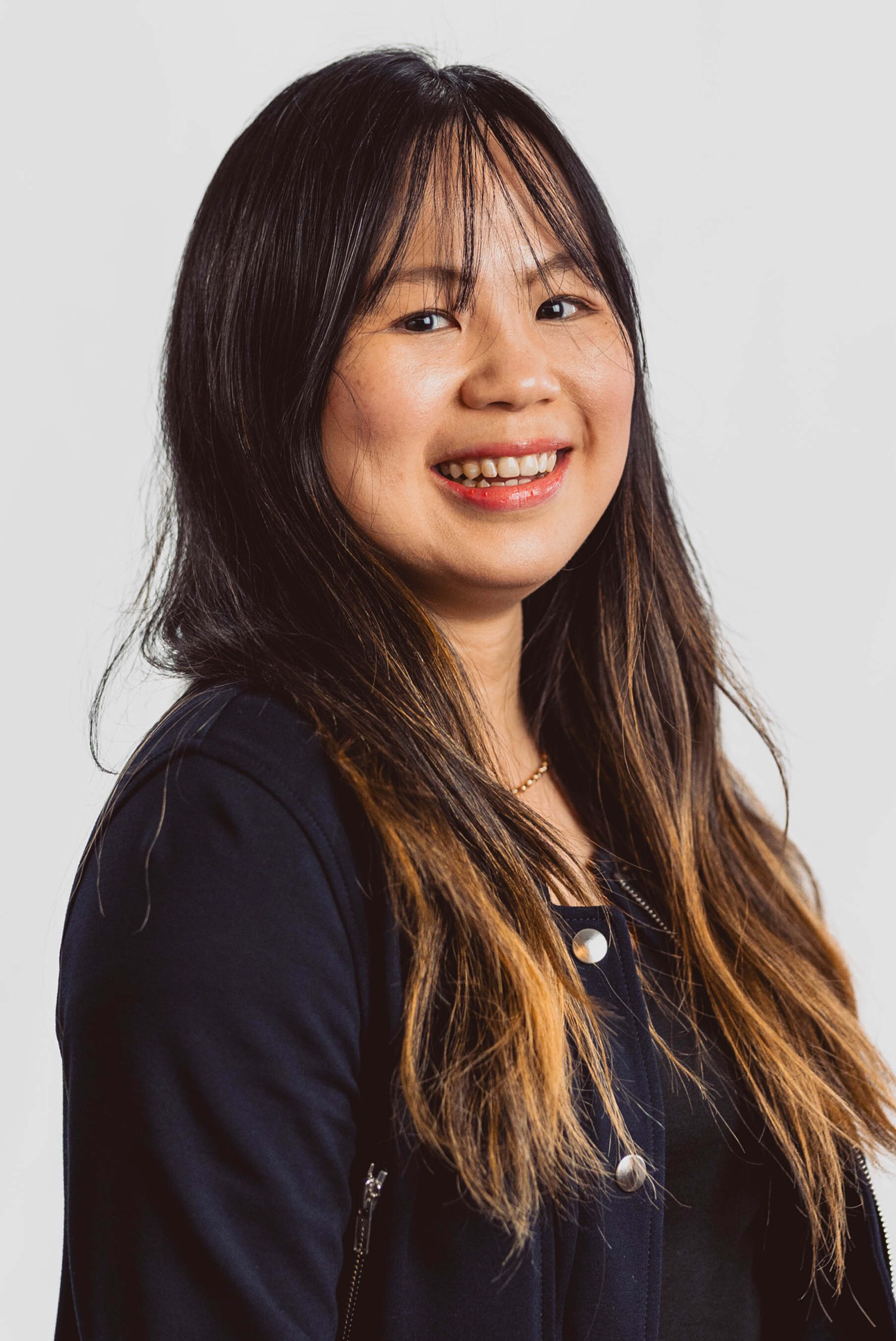In one of my early articles for Christianity Today (CT), I wrote about the Hungry Ghost Festival, 1 a day where Buddhists and Daoists burn joss sticks and incense paper at void decks in Singapore. In my culture, a void deck is a ubiquitous thing; it is everywhere present and immediately recognizable.
But this was not the case for everyone reading it. “What is a void deck?” a colleague asked. I had forgotten that most readers would probably not be familiar with this open space beneath our public housing flats that often functioned as a social space for gatherings and activities.
This is one of the rare occasions that I have had to write and edit stories about my culture and the country of my birth at CT. Most of my work is cross-cultural. Every week, I write and edit stories on movements and events involving Christians from non-Singaporean contexts. Every day, I work with Majority World writers from China, South Korea, Japan, Sri Lanka, and more to publish their pieces in a magazine based in America.
My time at Regent was the spark that led to what I do today. In World Christianity class, I heard from classmates from all around the world about how the faith grew in their countries and the struggles that believers face as they follow Christ. I loved learning from and with people of so many different ethnicities and nationalities in that class.
It requires stepping outside of myself time and time again. It requires a very intentional decentering of my perspectives, biases, and inclinations in the editing process.My work as a CT editor involves many of the same components as that Regent class did: a celebration of diversity in thought, coupled with a commitment to theological rigor and deep, thoughtful Bible engagement. It is work that brings me joy, but it is far from easy. It requires stepping outside of myself time and time again. It requires a very intentional decentering of my perspectives, biases, and inclinations in the editing process.
For all that cross-cultural editing (or engagement) demands, this kind of work is vital to the health of the church. We have heard over and over again that Christianity is a global faith. Around 1 in 3 believers (31%) live in sub-saharan Africa and just over 1 in 5 believers (24%) reside in Latin America, according to the Pew Research Center. 2
The deep, meaningful work of cross-cultural engagement, whether as a magazine editor or not, is a weighty, Spirit-led responsibility. The church’s global growth cannot merely be a triumphant statistic we trot out in presentations and sermons, or an idea that we dismiss as too remote—and consequently rather alien—to our everyday lives.
We need to engage with the global church at a deeper level. We need to open our eyes and ears to hear what Majority World Christians are wrestling with and professing about Christ.
Andrew Walls’s indigenizing principle, in which he argues that Christianity “can and should go deep within every culture,” 3 has been instrumental as a guide in my cross-cultural editing work. In many ways, my work seeks to uncover answers to questions such as: How are believers in another part of the world contending with their realities, their politics, their religious contexts? What can they teach us about faithfulness, submission, humility, and other Christian virtues? How are they reading and understanding Scripture in surprising and compelling ways?
Simply put, we can learn from Majority World believers, not just about them.
To answer these questions, we have to "take up and read," as Augustine put it. We are to be acutely aware of the ideological or cultural bubbles we find ourselves inhabiting comfortably, and choose to break out of them by entering into something that might feel and sound unfamiliar, but can be more spiritually formative and instructive than we expect.
Before you take up and read, though, that is where my role as an editor comes in.
I tweak words to avoid excessive repetition, change sentences from passive to active voice, and restructure ideas for flow and coherence of thought. I work closely with each writer to strengthen their pieces and make them engaging for readers. But the next layer of editing involves a degree of cultural navigation. Often, these questions arise from the writers I work with and among my fellow editors: How much should a person explain their culture? Can we assume that the reader will check it out on their own volition?
These are questions worth asking and tussling with over and over again, even though I believe that we do not need to over-explain everything that someone from a Western context, or a context that the writer is not from, might find strange or confusing. Concepts or norms or references that sound foreign should not be a deterrent to a reader; rather, they serve as invitations for building cultural sensitivity and awareness. They help us to appreciate and value the ways that the gospel is indigenized in that culture.
I have learned so much from the writers I have worked with. Editing their articles has helped me to better understand what Christians in their particular contexts confront and grapple with in living out their faith. Simply put, we can learn from Majority World believers, not just about them.
We can understand more about a Japanese evangelical’s anguish and lament for the painful history of his country’s Christian nationalism, 4 or the reason why Sri Lankan evangelicals ought to remember their martyrs on Easter Sunday. 5 We can look to Christians in China to gain a new understanding of what being "shrewd like snakes" looks like under persecution, 6 or learn about how a Korean Christian is pushing back against social expectations for her children to be academically successful. 7
Cross-cultural editing, then, is deeply and inescapably missional.Cross-cultural editing, then, is deeply and inescapably missional. The editing process may be a bit more laborious since we are engaging with differing worldviews and cultures, and there is often a lot of back-and-forth between editor and writer to ensure that each writer’s voice carries through their words well and that the edits I make are factually and culturally accurate. But it is rewarding to know that someone out there is learning from a Majority World Christian, and is paying attention and absorbing these words that we have combed through and tightened for weeks (sometimes even months).
I don’t know when I will have an opportunity to write about Singapore, or my culture, for CT again. But I know that my perspective, my voice, and the cross-cultural editing work that I have the privilege of doing matters to the body of Christ and to the edification of the church. I hope you take time to engage with our international stories rejoicing with those who rejoice and mourning with those who mourn (Romans 12:15).

